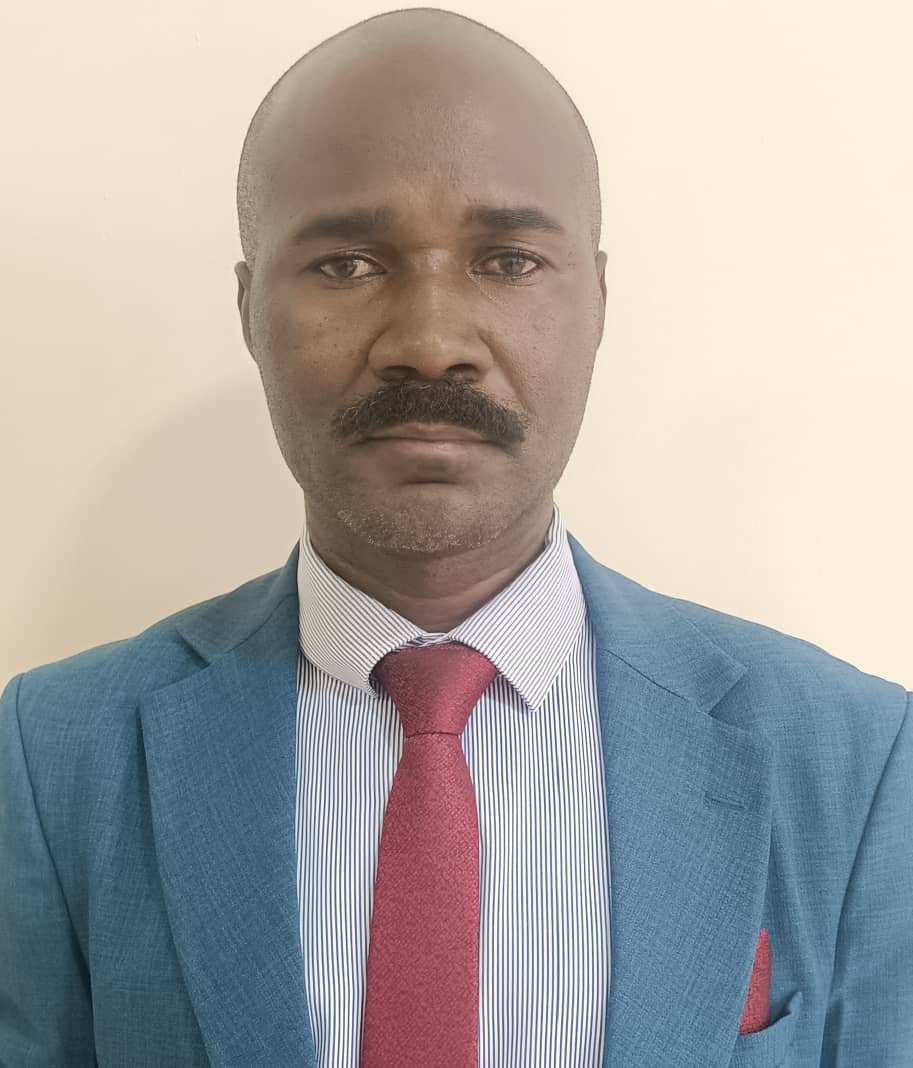Why rural communities fail to sustain water supply projects
For the past three years, Murongo has dedicated his doctoral studies at Nkumba University to investigating community participation and sustainability of rural water supply projects in Kasese district. The research journey is resulting in a PhD he is set to get on October 25.
Children drawing water from a bore hole in Kanu village, Abim district. (Courtesy)
_______________
Despite water and sanitation being recognised as fundamental human rights, Uganda's rural communities continue to struggle with maintaining the very infrastructure designed to deliver these essential services. A 2023 water ministry report reveals that 14 million Ugandans still lack access to clean and safe water, a crisis that persists even as the Government and partners install numerous community-based rural water supply projects across the country.
Esau Murongo, a public administration and management specialist with over 17 years of government experience, has identified the core issue: Poor maintenance practices that render these projects unsustainable. For the past three years, Murongo has dedicated his doctoral studies at Nkumba University to investigating community participation and sustainability of rural water supply projects in Kasese district. The research journey is resulting in a PhD he is set to get on October 25.
Esau Murongo, a public administration and management specialist.
"Communities keep grappling with issues of sustainability for rural water supply projects," Murongo says, having examined how community involvement impacts every phase from planning and implementation to monitoring, evaluation, and financing. His fieldwork uncovered a troubling pattern: Many communities fail to collect even basic water user fees needed for minor repairs and routine maintenance of the very systems providing them with water.
Murongo's research yields recommendations for reversing this trend.
He calls for strengthened community project planning where government enhances the capacity of water management committees to develop more robust and inclusive planning processes.
"Local governments should foster increased community involvement in project execution," he says, "particularly by educating the public about their role in resource mobilisation and decision-making in rural settings."
The scholar further advocates for frequent technical workshops on monitoring and evaluation to equip water management committees with skills to identify issues early and implement continuous improvements. These capacity-building measures, he argues, would transform how rural communities maintain their water infrastructure.
Murongo's path to these insights was not without obstacles. Balancing doctoral studies with full-time work and family responsibilities required meticulous scheduling, while financial constraints demanded both frugality and disciplined saving habits to cover tuition, research materials, fieldwork, and international conference attendance.
Through it all, he maintained perspective: "I always reminded myself that progress, not perfection, defines success," he shares, adding that regular breaks and self-care are essential. When anxiety threatened his focus, Murongo turned to his support network of fellow PhD candidates, supervisors, mentors, and family.
Murongo has a bachelor's in social work from Uganda Christian University and a master's and postgraduate diploma in public administration from the Uganda Management Institute.
To aspiring doctoral candidates, he says: Have commitment and zeal towards a PhD because it is a tough journey, but it can be completed in time. Also, have a passion for analytical thinking and stick to your research schedules.
His research arrives at a time, as Uganda's National Development Plan (NDPIV 2025/26-2029/30) recognises sustainable water management as essential to national development, aligning with Sustainable Development Goal six's mandate to "ensure availability and sustainable management of water and sanitation for all."